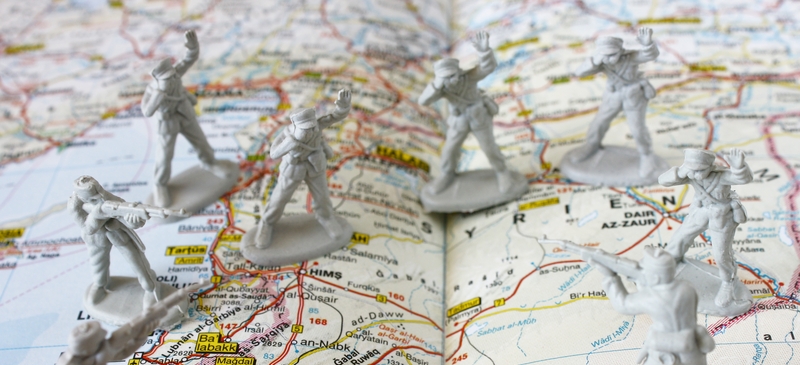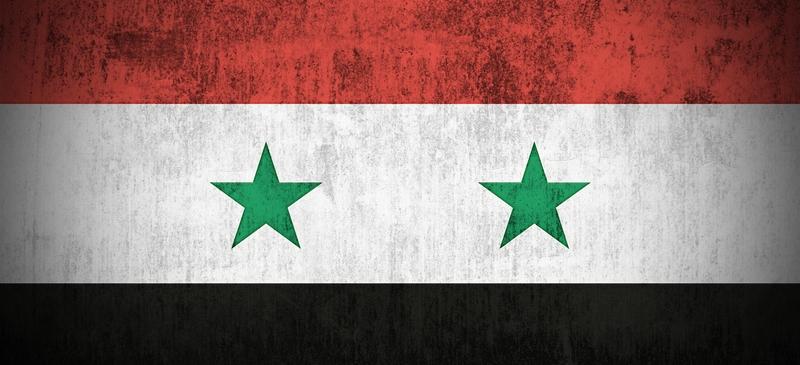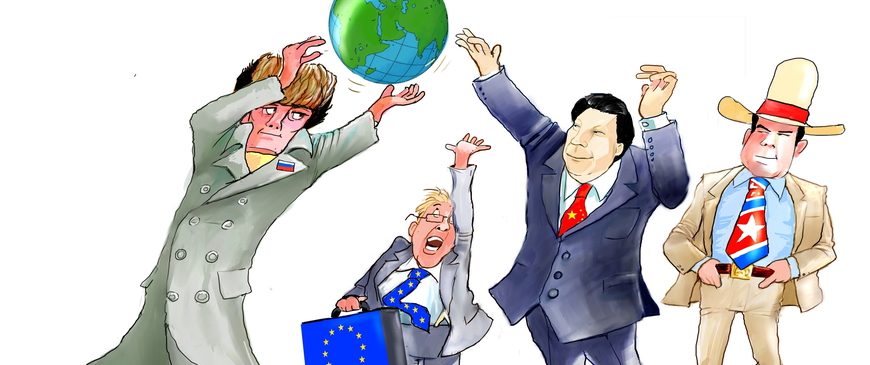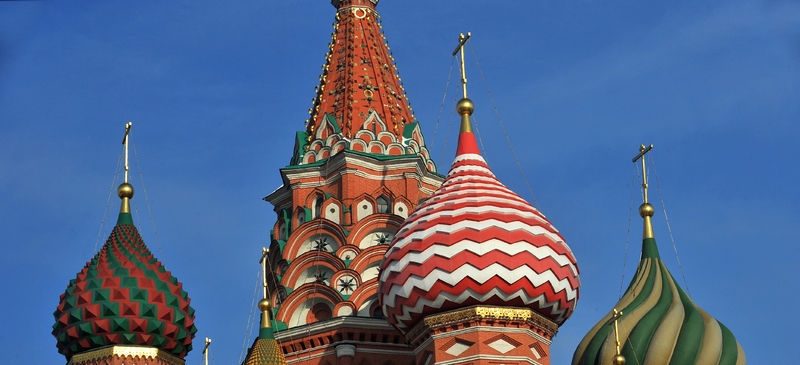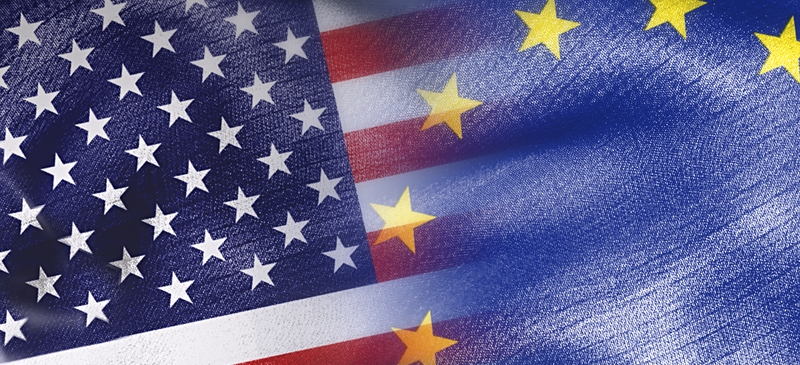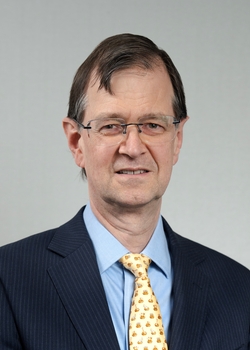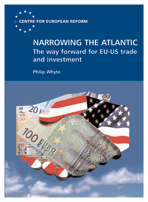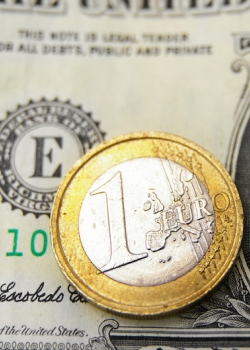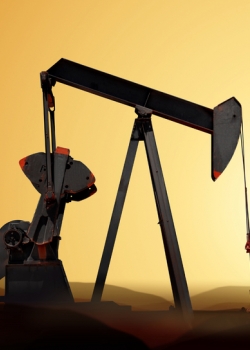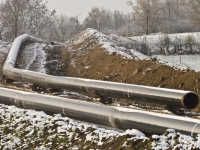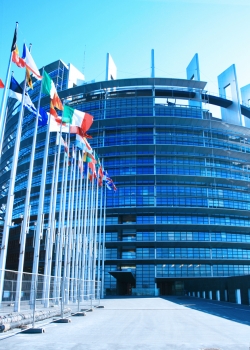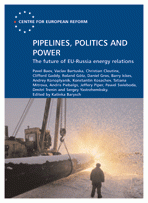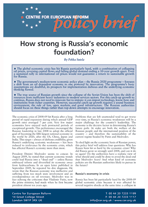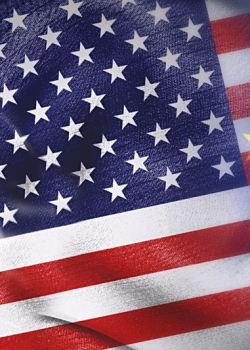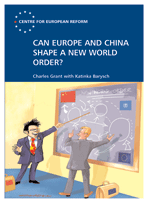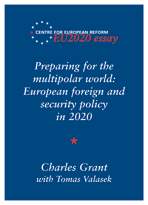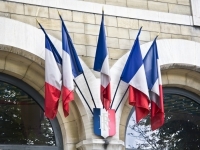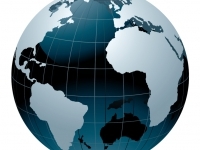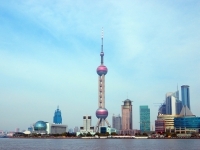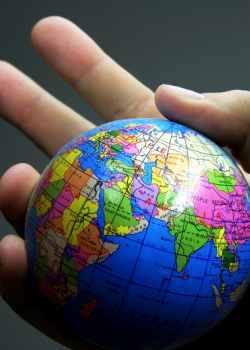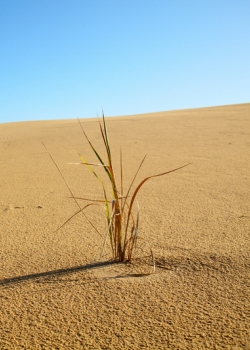Global governance & international security
Narrowing the Atlantic: The way forward for EU-US trade and investment
29 April 2009
The financial crisis has provoked a dramatic contraction in world trade. With economic activity declining and job losses rising, protectionist pressures are mounting.
The Europeans at the London summit
01 April 2009
Christine Lagarde, the French finance minister, threatens to walk out of the London G20 summit unless France gets its way on tougher financial regulation. The toppled Czech Prime Minister, Mirek Topolanek, who happens to hold the EU presidency, describes the US fiscal stimulus as “the road to hell”. Not one EU leader deems it necessary to support Gordon Brown publicly when he tries to drum up support for a more concerted international effort to revive the global economy.
Why global energy markets need governing
02 February 2009
After a year of upheaval it may seem perverse to take the world’s financial system as a model for anything – least of all for governance.
After the gas conflict
23 January 2009
On January 20th, Russian gas started flowing again through Ukraine, after a two-week shut-down that had left people in South East Europe freezing and factories idle. The relief across Europe was palpable but the confusion about what happened is still there.First, both Russia and Ukraine said that the dispute was about money that Naftogaz, the Ukrainian gas company, owed to Russia’s monopoly Gazprom for last year’s deliveries. Then it was about the price the Ukrainians should pay in 2009 for the Russian (or Turkmen) gas that it uses domestically. ...
The EU's fleeting chance for global leadership
01 December 2008
The economic crisis offers unprecedented opportunities for reforming global rules and institutions. Furthermore, the Obama presidency - which Europeans expect to be less unilateralist than that of George W Bush - will give the EU a chance to work with the US in tackling a host of international problems.
Pipelines, politics and power: The future of EU-Russia energy relations
01 October 2008
Does the Kremlin use energy as a political weapon? Why is Russia’s oil and gas output stagnating? Can and should the EU try to reduce its dependence on Russian hydrocarbons? Are the EU and Russia engaged in a pipeline war? What does energy solidarity mean? What rules should govern EU-Russia energy relations?
How strong is Russia's economic foundation?
01 October 2008
Russia's economy is in deep recession. Many Russians hope that rising oil prices will quickly restore the high growth rates their country enjoyed before 2008.
The next US president should forget the League of Democracies
01 August 2008
Expectations of a transatlantic honeymoon after the US presidential election are absurdly high. Most Europeans are enjoying the giddy delights of Obamamania, while also thinking that John McCain would do a lot better than the despised George W Bush.
Can Europe and China shape a new world order?
01 May 2008
A new world order is emerging, with multiple centres of power. But will this order be multilateral, with governments accepting global rules and institutions? Or will the strongest states assert their interests unilaterally, without regard to international law?
For a new Iran policy
01 April 2008
For almost six years now the West has tried – and failed – to stop the Iranian nuclear programme. Instead, nuclear enrichment has become a matter of Iranian national pride and sovereignty.
Preparing for the multipolar world: European foreign and security policy in 2020
18 December 2007
The world is becoming increasingly multipolar. Will that mean democratic poles lining up against autocracies, in two competing camps? Or will all the leading powers support multilateral institutions?
What should Europe do about sovereign wealth funds?
01 October 2007
Several EU governments have become alarmed about sovereign wealth funds (SWFs). Germany, for example, is thinking of preventing such funds from buying local companies in sensitive sectors.
Sarkozy on America and the world
29 August 2007
In his first 100 days in the office, Nicolas Sarkozy turned France’s domestic political scene on its head. He trounced and marginalised the far-right National Front in the May presidential elections.
Re-imagining EU development aid
01 August 2007
Imagine the Berlaymont late at night. A full moon hangs in the sky. High up in the building, an office lamp still shines. It illuminates four people. They are sprawled comfortably in armchairs for an intimate conversation. The four lead the EU on international affairs.
Globalisation: Business versus politics?
20 April 2007
The CER and Accenture brought together a group of business people, journalists and policy analysts today, to discuss what the world may look like in 2020. What struck me is that there is not one debate about globalisation but several. And they hardly touch.
The EU, the US and Taiwan
16 April 2007
Taiwanese domestic politics is nasty and messy. The two main political forces – the KMT, which believes in ‘one China’, and the DPP, which leans towards an independent Taiwan – hate each other with venom that is unmatched in most other functioning democracies.
The world in 2020
23 January 2007
By 2020, according to the Economist Intelligence Unit, the Chinese economy could overtake the US to become the largest in the world, at least when measured using purchasing power parity (PPP) exchange rates. India is expected to grow rapidly to become the third biggest economy. Alongside these Asian giants, a series of smaller powers – such as Iran and Russia – will increasingly be able to exploit their nuclear weapons and energy to increase their say in world affairs.Mark Leonard was director of foreign policy at the CER (2005-2007).
Beware a weak dollar!
08 December 2006
When Claude Trichet, president of the European Central Bank, announced yesterday’s increase in eurozone interest rates, he did not even mention the threat a weaker dollar could pose to the outlook for the eurozone economy.
Global challenges will drive European reform
02 October 2006
When the first CER bulletin was published, almost a decade ago, the emphasis was firmly on the word ‘reform’. The EU had fulfilled its original purpose. Western Europe was an area of security, peace and, in the main, prosperity.
Issue 50 - 2006
29 September 2006
- Towards an environmental union, David Miliband
- Global challenges will drive European reform , Nick Butler
- The bulletin at fifty, Charles Grant

